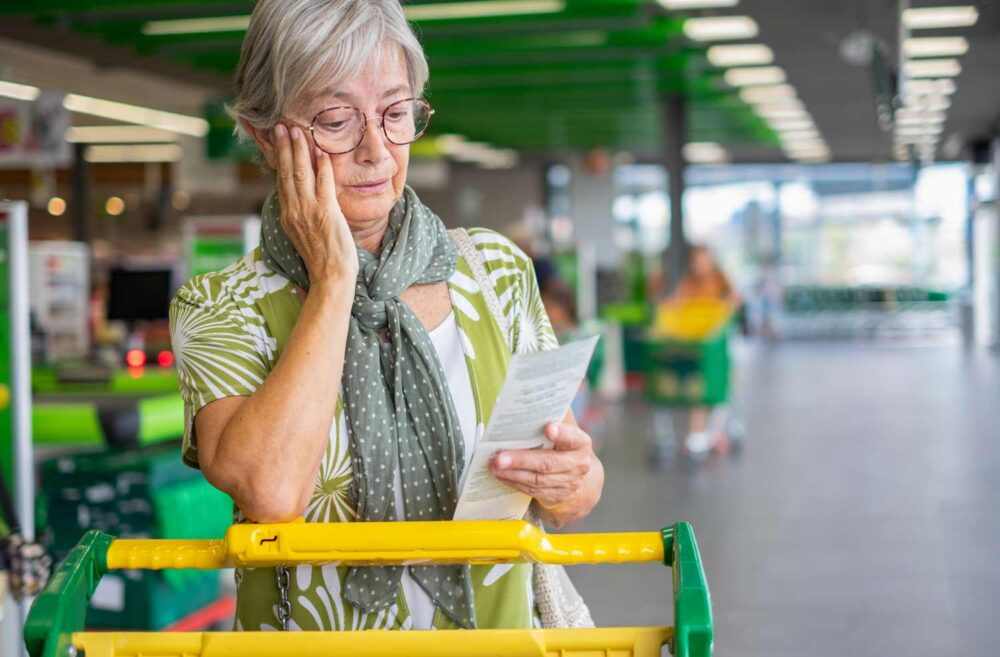Despite food price inflation starting to fall, UK shoppers say price pressure is not letting up on their grocery shops, estimating their food bills remain a third higher than last year, the latest research from Pricer, the world’s most trusted supplier of shelf-edge automation solutions, reveals.
While data released by the BRC and NielsenIQ last week showed that food prices saw their first monthly drop in more than two years, down -0.1% in September on the previous month, UK shoppers are yet to feel pressure easing when it comes to grocery bills. While food inflation fell to 9.9% in September, down from a peak of 15.7% in April, shoppers’ say the cost of their food shops remains high, the latest research suggests.

Original research of 1,000 UK shoppers by Pricer showed that UK shoppers felt that proportionately their average food bills have increased by 33% in the last 12 months. The Office of National Statistics’ (ONS) latest data also reported half (49%) of UK shoppers were spending more than usual to get what they normally buy when food shopping, while 4 in 10 (46%) were buying less food when grocery shopping in September due to rising costs. Additionally, a poll of over 1,000 UK consumers by Retail Insight revealed that, with the average household now spending £87 on groceries each week, 82% are trying to reduce food bills in response to the cost-of-living, up +16% year-on-year.
Peter Ward, Country Manager for UK & Ireland at Pricer, commented: “While everyone is hoping that this first fall in food price inflation in two years will mark the ‘beginning of the end’ of sticky and stubbornly high grocery prices, the impact on shoppers’ purse strings won’t be immediate. Even though the rate of inflation on food prices has fallen, it does not mean prices are necessarily coming down, just that they are rising less quickly. And this, means pressure on consumers’ weekly food shops will continue for some time yet to come.”
Despite supermarkets’ continued investment in price cuts, with Iceland announcing cut prices across 1,000 weekly shop essentials last month and Sainsbury’s investing £15m to keep the cost of larder staples low, Pricer’s study showed that 85% of shoppers felt retailers should be doing more to ensure customers can access the best deals during the cost-of-living crisis. And a further 86% said that, because of the cost-of-living crisis, retailers should do more to ensure pricing and promotions are implemented as quickly as possible.

















